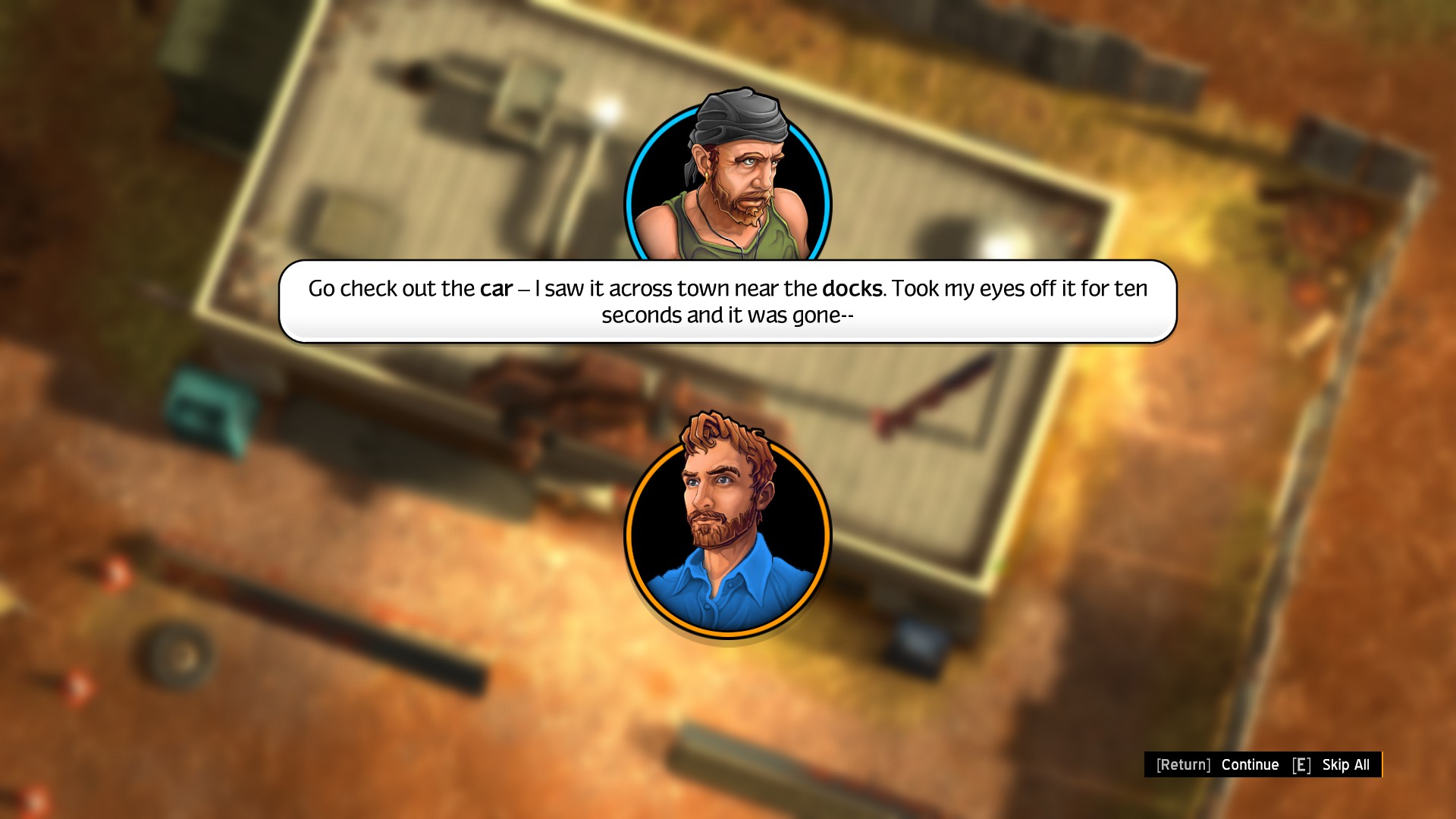How Its Difficulty Encourages Skill
Introduction
Difficulty is often perceived as an obstacle, something to be avoided or overcome with minimal effort. However, challenges play a crucial role in skill development. When a task is difficult, it forces individuals to engage deeply, refine their techniques, and persist through failure. This process not only builds competence but also fosters resilience and adaptability.
This article explores how difficulty encourages skill by examining:
- The Psychology of Challenge and Growth
- Deliberate Practice and Mastery
- Failure as a Learning Tool
- The Role of Persistence and Grit
- Real-World Applications in Education, Sports, and Careers
By understanding the relationship between difficulty and skill, we can better appreciate the value of challenges in personal and professional growth.
1. The Psychology of Challenge and Growth
Psychologists have long studied how difficulty influences learning. The Yerkes-Dodson Law suggests that optimal performance occurs under moderate stress—too little challenge leads to boredom, while too much can cause anxiety. Difficulty, when balanced, enhances focus and engagement.
Additionally, Carol Dweck’s Growth Mindset theory highlights that individuals who view challenges as opportunities for improvement are more likely to develop skills. Those with a fixed mindset, who avoid difficulty, stagnate in their abilities.
"The only limit to our realization of tomorrow is our doubts of today." — Franklin D. Roosevelt
Difficulty pushes individuals beyond their comfort zones, activating problem-solving and creativity.
2. Deliberate Practice and Mastery
Skill development is not just about repetition—it requires deliberate practice, a concept popularized by psychologist Anders Ericsson. Deliberate practice involves:
- Setting specific goals
- Receiving feedback
- Focusing on weaknesses
- Pushing beyond current abilities
For example, musicians don’t improve by mindlessly playing songs they already know. Instead, they tackle difficult pieces, refine techniques, and correct mistakes. Similarly, athletes train with increasing intensity to enhance performance.
"Hard work beats talent when talent fails to work hard." — Kevin Durant
Difficulty ensures that practice is meaningful, leading to true mastery rather than superficial competence.
3. Failure as a Learning Tool
Failure is an inevitable part of skill development. When a task is difficult, mistakes are more likely—but these mistakes provide valuable feedback.
- Thomas Edison failed thousands of times before inventing the light bulb.
- J.K. Rowling faced numerous rejections before publishing Harry Potter.
- Michael Jordan missed over 9,000 shots in his career but became one of the greatest basketball players.
Each failure taught them something new, refining their skills. Difficulty forces individuals to analyze errors, adjust strategies, and improve.

4. The Role of Persistence and Grit
Psychologist Angela Duckworth defines grit as passion and perseverance toward long-term goals. Difficulty tests grit—those who persist despite challenges develop stronger skills.
Consider:
- Students who struggle with complex subjects but persist often outperform naturally gifted peers who avoid effort.
- Entrepreneurs who face setbacks but keep refining their strategies build more resilient businesses.
"Success is stumbling from failure to failure with no loss of enthusiasm." — Winston Churchill
Difficulty separates those who give up from those who grow.
5. Real-World Applications
Education
- Struggle leads to deeper learning—students who grapple with difficult concepts retain knowledge longer.
- Standardized tests and challenging curricula push students to develop critical thinking.
Sports & Arts
- Elite athletes train under extreme conditions to enhance endurance and technique.
- Artists refine their craft by experimenting with difficult styles.
Career & Innovation
- Difficult projects in the workplace encourage problem-solving and leadership.
- Innovation thrives under constraints—limitations force creative solutions.
Conclusion
Difficulty is not an enemy of skill but its greatest ally. It fosters deep learning, deliberate practice, resilience, and innovation. By embracing challenges rather than avoiding them, individuals unlock their full potential.
"The greater the obstacle, the more glory in overcoming it." — Molière
Whether in academics, sports, or careers, difficulty is the forge in which true skill is shaped. Instead of fearing challenges, we should seek them—because it is through struggle that greatness is achieved.
Tags: #SkillDevelopment #GrowthMindset #DeliberatePractice #Resilience #Mastery #LearningThroughFailure #Grit #PersonalGrowth #PsychologyOfSuccess


















